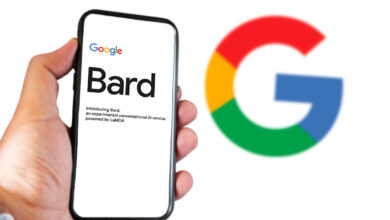
From time to time, we come across a new news about excessive spending on in-app purchases. They are generally led by games, and are also generally led by minors, although over the years, since this monetization system became popular, we have also heard of incidents involving adults, and that did not necessarily occur with games. But what always coincides, what does not fail, is the presence of the in-app purchase model and micropayments through the nose.
On this occasion, as we can read in Wccftech, the protagonist is a 13-year-old Chinese teenager who has spent a whopping $64,000 over four months. And no, we are not talking about the offspring of a high-class family for which this amount is of little relevance, no. According to said publication, the minor has squandered his life savings, leaving the account to which the card he used was linked with only 50 yuan cents (6.5 euro cents). The family, of course, has sued to try to recover all the money spent by the teenager.
As I said at the beginning, it is not the first, nor the second, nor etcetcetc time that we come across a case of this type and, of course, this is something that leads us to reflect a bit, to ask ourselves what is happeninghow is it possible to spend 64,000 dollars on a mobile game, what could be done to prevent this type of case from repeating itself… in short, it gives rise to a lot of questions and, if we want to find possible solutions, to ask ourselves who (or whom) the responsibility falls on.
In this regard there are opinions for all tastes and, although some are guided by objectivity, in most cases personal biases act, making us identify with one of the parties, so we tend to blame some and excuse others. However, the truth is that in these types of stories, there are usually no good and bad. What there is, regardless of whoever weighs it, is responsible and responsible, for different reasons.
On the one hand, we are faced with a monetization model that is abusive, and that is specially designed to exploit psychological weaknesses of certain user profiles. This is nothing that I am making up, there are multiple psychological studies that prove how these titles are designed, to the millimeter, to make people with certain tendencies to gambling or similar conditions, as well as minors who do not yet have the cognitive capacity to face this type of design, they are tempted beyond what they are able to bear. Thus, the first responsible are, without a doubt, the developers who put greed before everything else.
We should also look at the stores in which these in-app purchases are offered, in case the payment system is not specific to the game. In these cases, those responsible for these stores should establish control systems, alarms for certain consumptions and other measures. Let’s remember that mobile phone operators are subject to very strict regulations regarding premium rate services, perhaps something similar would be necessary for this type of store.
And of course, we cannot exonerate the parents of the children. It seems that there are still many people who have not understood what it means to put a smartphone in the hands of a minor. It is true that this is even more open to criticism if we are talking about children who, as in this case, adolescents, but in any case, it is difficult for me to understand that in cases like the one that concerns us in this news, the parents knew about the problem of adolescent addiction by one of his teachers, where is the responsibility of adult supervision?




